Vancouver has had a rough couple of months when it comes to housing and homelessness.
While a contentious public hearing for a proposal to build housing for homeless people in the city’s Kitsilano neighbourhood was unfurling in Vancouver, several people who were homeless or formerly homeless were shot by a man who roamed the Metro Vancouver suburb of Langley for several hours; three people died in the attacks and one woman was injured. On the same day as the shooting in Langley, the Vancouver fire department ordered a large encampment on East Hastings Street to disperse because of the risk of fire.
Several fires in SROs and other buildings in the Downtown Eastside this spring and summer already had residents on edge. On July 30 a man was shot by police on East Hastings Street after he allegedly hit one of the officers. That same week, a woman had been deliberately set on fire by a man she didn’t know.
While Vancouver city council approved the supportive housing proposal in Kitsilano, heated opposition from people who live nearby showed a sharp divide in the city. The longtime CEO of BC Housing, Shayne Ramsay, announced he would be retiring from the agency, in part because of an ugly confrontation with those opponents after he spoke in favour of the project.
After two years of pandemic disruptions, homelessness is more visible than ever in the city, with growing encampments not only on East Hastings but in CRAB Park as well. Since 2014, tent cities have cropped up in vacant lots and in city parks, leading to a constant cycle of growing encampments, concerns about violence and living conditions and government-led decampments.
As another civic election looms this fall with voters going to the polls on Oct. 15, Hot, Hot Housing is checking in with candidates on their ideas about solutions to homelessness and how to deal with growing encampments.
Many of the candidates clarified that their parties’ official election platform has not been released yet and they were not speaking on behalf of their party.
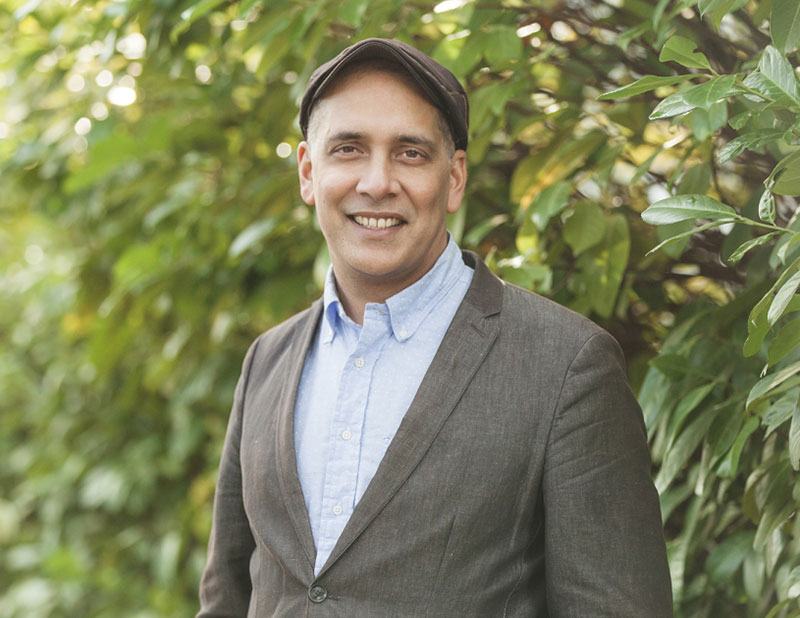
Pete Fry, Green Party of Vancouver
Fry is a current city councillor running for re-election with the Green Party of Vancouver.
Fry pointed out that public space available to people in the Downtown Eastside has shrunk. This is partly because two much-needed housing projects are now under construction, one at 58 W. Hastings and another a block away at 58 E. Hastings. Before the construction started, those blocks provided vacant lots that were used as an outdoor market, overdose prevention site and a gathering place for people who live in the neighbourhood.
Fry said there needs to be more drop-in centres and public space in the neighbourhood to take the pressure off East Hastings Street. Fry voted for the Kitsilano supportive housing proposal, but he said he also wanted to see a “reset” when it comes to how the city works with BC Housing.
“Clearly what we’re doing now isn’t working,” he said. “Even the Housing First model, we’ve realized that it can’t be housing only. We need wrap-around supports and other services.”
In 1999, the City of Vancouver, the province and the federal government negotiated the Vancouver Agreement to co-ordinate a response to public safety and housing needs in the city, and especially the Downtown Eastside. Fry said he’d like to see another Vancouver Agreement developed to respond to the current problems of the neighbourhood.
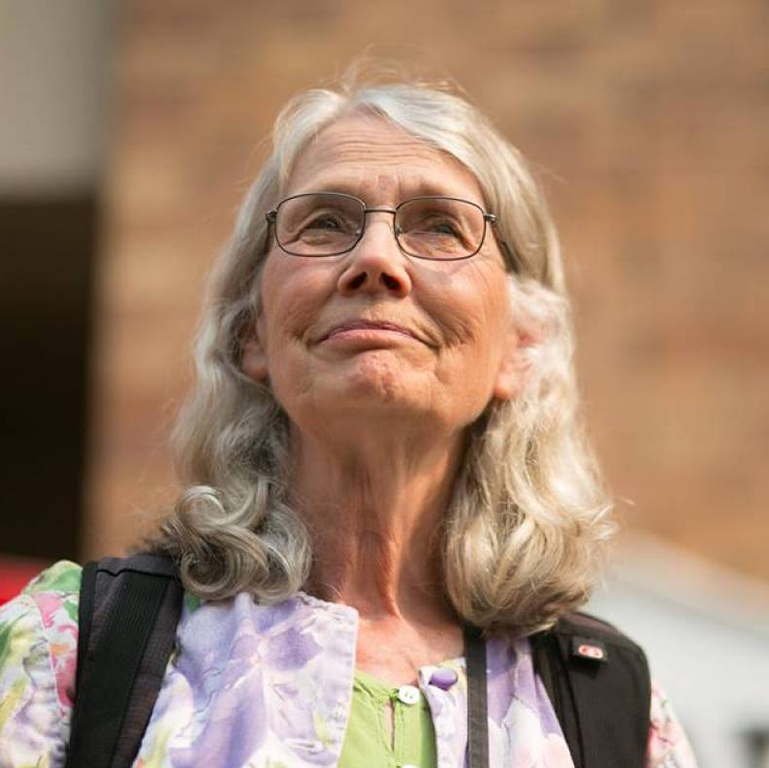
Jean Swanson, COPE
Swanson is a city councillor running for re-election with the Coalition of Progressive Electors, or COPE.
Swanson said she had proposed a motion to deal with the immediate problem on East Hastings, “which would be to open up some parklets, open up some side streets, get a parking lot, get something where people could go and be legal” with amenities like washrooms and electricity.
The long-term answer is more housing, Swanson said, but it takes time to build. She’s calling for a dedicated plan to end homelessness.
As she’s proposed in the past, Swanson is still calling for a “mansion tax” on homes worth over $5 million. The tax would break down to one per cent of the assessed value of homes worth over $5 million and two per cent of homes worth over $10 million.
“The city needs more help from the province and the feds but they’re not giving it,” Swanson said. “The city needs more revenue for everything… but if we had a mansion tax, I would like to direct it towards ending homelessness — and we could do it.”
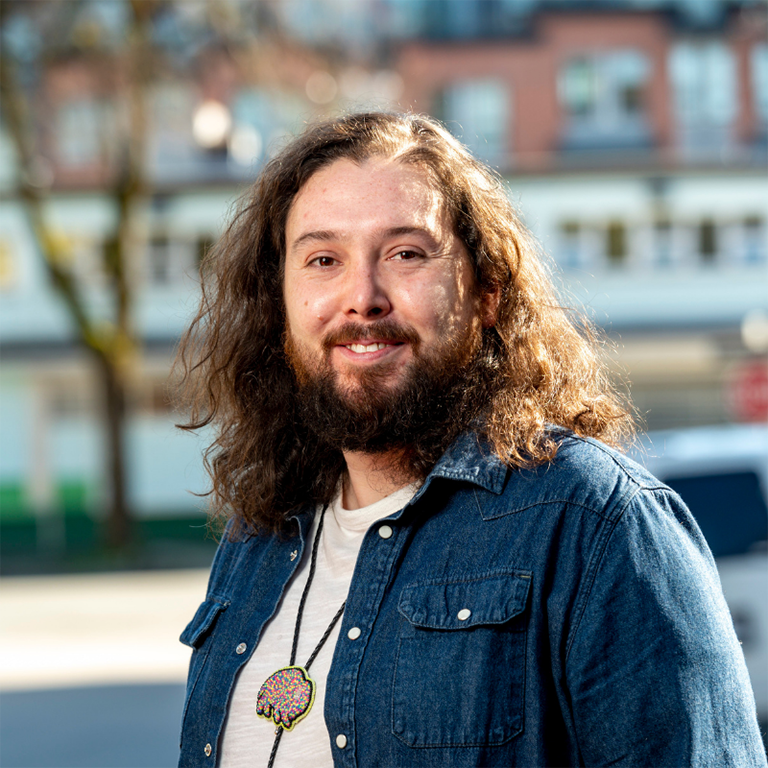
Matthew Norris, OneCity
Matthew Norris is running for council with OneCity alongside city Coun. Christine Boyle, who is also running for re-election.
Norris said the city needs to make more of an effort to consult with the Downtown Eastside community before moving tents and belongings. In July, the city ended its practice of having sanitation workers accompanied by police patrol East Hastings between Gore and Carrall every day, requiring people to move their belongings. The practice led to unhoused people’s belongings being repeatedly thrown away, which was devastating for people who are struggling to survive on the street.
But after the city ended street sweeps, the garbage piled up, leading to the current crisis. Norris said the efforts of community groups like the Overdose Prevention Society to patrol the street and work with residents to clean up garbage was working, and “that’s where the solutions lie.”
Norris said every neighbourhood in Vancouver needs to welcome new housing, but the public hearing process often leads to “a lot of vitriol, a lot of stigmatization of unhoused folks.”
Norris said a 2021 motion brought forward by Boyle to allow social housing projects to proceed without a public hearing process could have led to an easier and quicker path to help solve the housing crisis.
The motion failed, but “hopefully in the next election, the next council will be able to elect a council that takes the housing crisis seriously and moves with the urgency that the crisis demands,” Norris said.

Melissa De Genova, NPA
Melissa De Genova is a current city councillor who is running for re-election with the Non-Partisan Association, or NPA.
When the street sweeps stopped, De Genova said she was alarmed to see more tents and structures go up on East Hastings Street. “I don’t believe that’s dignified living and I think it would be a failure to say that that is, or to allow people to live in those conditions,” she said.
De Genova said many of the people living outside on East Hastings or in the tent city in CRAB Park do have housing in one of Vancouver’s many single-room occupancy hotels, but that housing is so poor that many residents prefer sleeping outside in the summer to staying in their tiny SRO rooms.
When government agencies move people out of tent cities, residents are often offered spots in homeless shelters and SROs — an approach that a judge recently ruled was not adequate.
“There’s a bigger question there, if we’re providing people with housing options and those housing options aren’t working… is the model of SRO housing the best model? And should we instead be looking at an approach, maybe citywide or region-wide, that looks at having social housing integrated in with market housing?”
Despite that vision, De Genova voted against the supportive housing building proposed in Kitsilano. She said she voted against the proposal because she’d prefer to see supportive housing for homeless people mixed with housing rented at market and below-market rates. (The Kitsilano proposal includes 50 per cent of units operated as social housing at the welfare shelter rent rate and 50 per cent rented at below-market rates.) She said it was also a problem that BC Housing wouldn’t commit to specific services being offered before the building was tenanted.
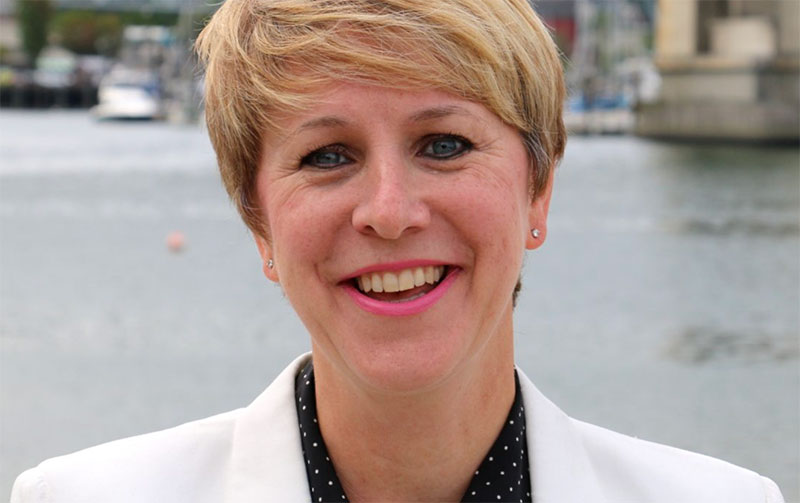
Sarah Kirby-Yung, A Better City
Sarah Kirby-Yung is a current city councillor who is running for re-election with A Better City, or ABC.
Kirby-Yung said that over time, and the bigger tent cities grow, the more unsafe they become. She said one of the reasons Vancouver is continuing to see tent cities grow is because of the “continued degradation of the SROs,” which are the housing of last resort for people who are on the brink of homelessness.
“The speed with which you can deliver the housing does not line up with the need, so we’re going to continue to see this tension,” Kirby-Yung said. She said there has been a significant number of social housing units approved over the past four years (1,344, according to a recent city report), but it’s not a problem that can be solved quickly.
Kirby-Yung voted against the Kitsilano supportive housing proposal, but she voted for a similar project in East Vancouver on King Edward Avenue and Knight Street. The difference, Kirby-Yung said, was that she has confidence in the operator of the King Edward project, Lu’ma Native Housing.
“It was by community for community, which is often what we hear is needed,” Kirby-Yung said.
The Kitsilano project will be operated by the MPA society.
“What I haven’t seen the mayor push for as much is that he’s been very committed to what BC Housing staff have been pushing, which is a Housing First model, and I think it’s often executed as a housing only (model) and I think we need to push the envelope for housing and supports.”
Grace Quan, TEAM
Grace Quan is running for council with TEAM for a Liveable Vancouver, alongside current councillor Colleen Hardwick. Hardwick is running for mayor this election.
Quan linked the growing tent city on East Hastings with crime in nearby Gastown, where she lives, and called for a commissioner to be named for the Downtown Eastside.
“Someone who would have oversight of all the moving pieces,” Quan said. “There’s the NGOs, there’s the health element, there’s the housing element.”
If elected, TEAM would also start an audit of all the service providers who work in the Downtown Eastside to make sure money is being well-spent, Quan said.
When it comes to housing people who are homeless, Quan said new housing should be integrated with “different socio-economic levels” and include welfare-rate housing, market rental and below-market.
Hardwick voted against the supportive housing proposal in Kitsilano because she didn’t agree with “putting people who have hard-core addiction and mental trauma in with a community that doesn’t have the support to be able to deal with that.”
Quan also said it has taken too long to redevelop the Balmoral Hotel, an SRO that was condemned by the city in 2017 and purchased by the city in 2020, along with the Regent Hotel across the street. Both buildings still sit empty.
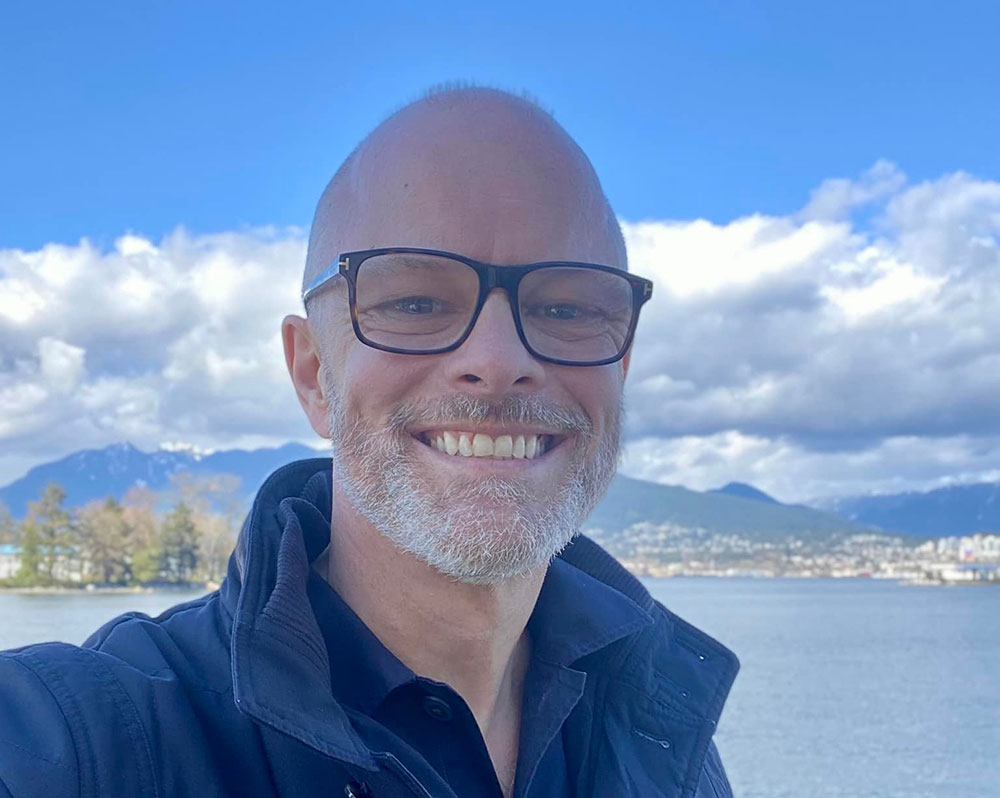
Mark Marissen, Mark Marissen for Mayor
Mark Marissen is a political strategist who worked on former B.C. premier Christy Clark's campaigns as a volunteer. He’s running for mayor.
Marissen said he’s been visiting SROs in Vancouver and met with residents of a tent city that was located in Strathcona Park in 2020 and 2021.
“Many people that are living in these tents feel safer than in these SROs that we still allow to exist,” Marissen said. “We’ve got to do something pretty significant about that.”
Like Fry, Marissen called for a revamped Vancouver Agreement to co-ordinate all three levels of government to tackle the current problems of homelessness, drug toxicity and public safety. Marissen criticized Mayor Kennedy Stewart, a former NDP MP, for constantly touting his relationship with the provincial and federal governments, but said Stewart had failed to deliver on those promises.
The province quickly bought and leased hotels and motels to house homeless people during the COVID-19 pandemic, but Marissen said those buildings are not designed to be lived in long-term. He said the temporary modular housing buildings that Vancouver started building in 2017 seem to work much better.
Marissen said he would have voted in favour of the supportive housing proposal in Kitsilano, although he said it was unfortunate that the proposed building wasn’t for families in need, considering its proximity to a school and playground.
“We need something done for people and it doesn’t need to be perfect,” he said.
Marissen also pushed back against the knee-jerk association between homelessness and crime and drug use.
“It’s a much more layered issue,” he said. “Many homeless people are the people who are most vulnerable.”
Marissen said he agreed with Stewart’s plan to purchase the remaining privately-owned SROs and eventually replace them with better housing, a plan that requires getting the province and federal government to chip in on the $1 billion cost.
Asked what differentiates him from Stewart, Marissen said Vancouver’s mayor has not acted with enough urgency on the housing crisis.
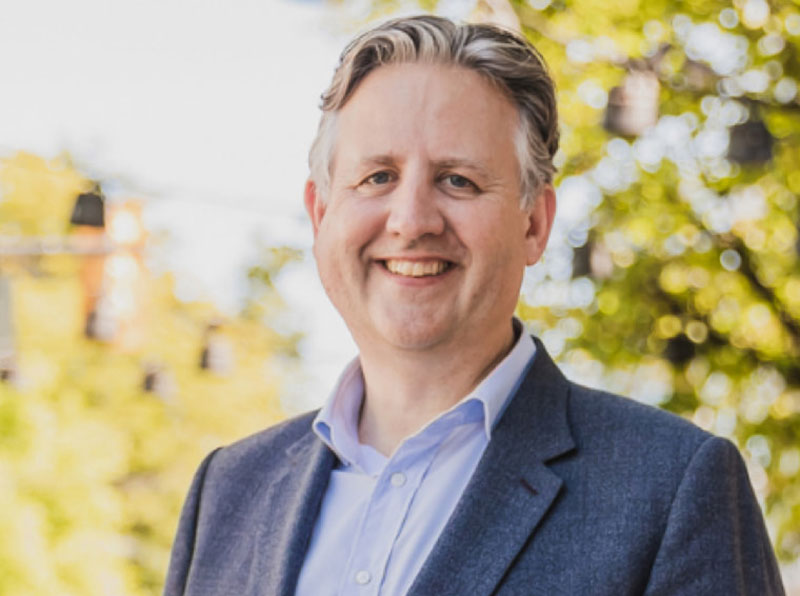
Kennedy Stewart, Forward Together
Stewart is running for re-election as Vancouver’s mayor. While he previously ran as an independent, this time around he’s running with three other council candidates, none of whom currently hold office.
Stewart did not respond to The Tyee’s request for an interview, but he’s focused on a plan approved by council in 2020 to purchase Vancouver’s remaining privately-owned SRO buildings, a plan that is estimated to cost around $1 billion.
“There have been record levels of investment in the city and housing,” Stewart said during a press conference earlier this year. “As mayor I've secured over a billion dollars from senior levels of government to create 10,000 new rooms in the city. However, we are working with BC Housing and the federal government to invest in existing housing.”
🔥🔥🏠
Hot, Hot Housing is a reported column on the housing crisis in Vancouver and beyond, published in The Tyee every Friday. Got housing stories of your own? Whether it’s market hijinks, tenancy horrors or survival tips, you can email us at [email protected]. ![]()
Read more: Municipal Elections 2022, Rights + Justice, Housing, Municipal Politics





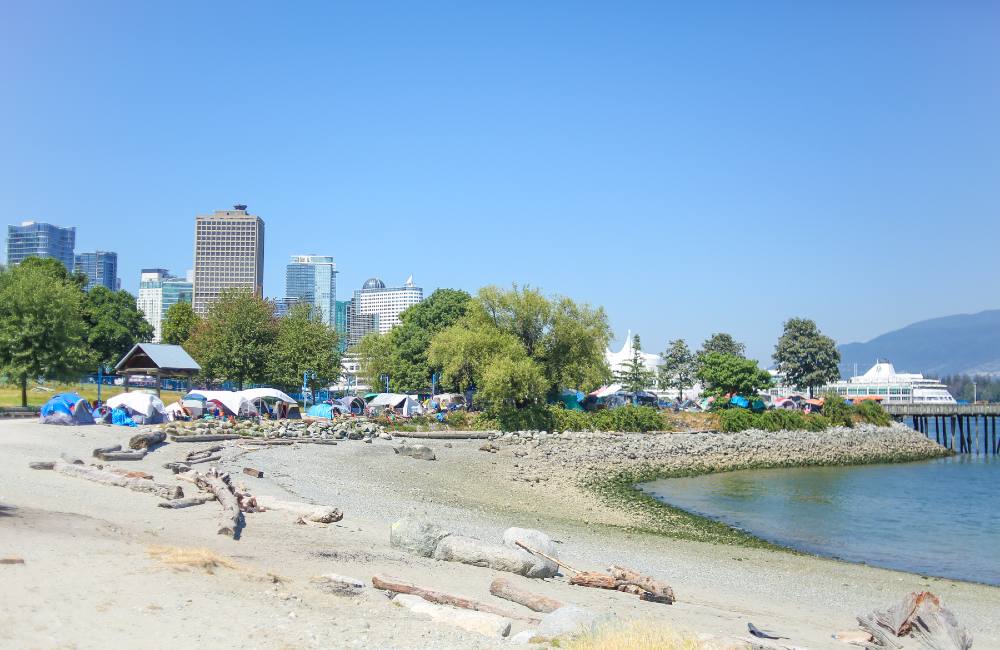












Tyee Commenting Guidelines
Comments that violate guidelines risk being deleted, and violations may result in a temporary or permanent user ban. Maintain the spirit of good conversation to stay in the discussion.
*Please note The Tyee is not a forum for spreading misinformation about COVID-19, denying its existence or minimizing its risk to public health.
Do:
Do not: